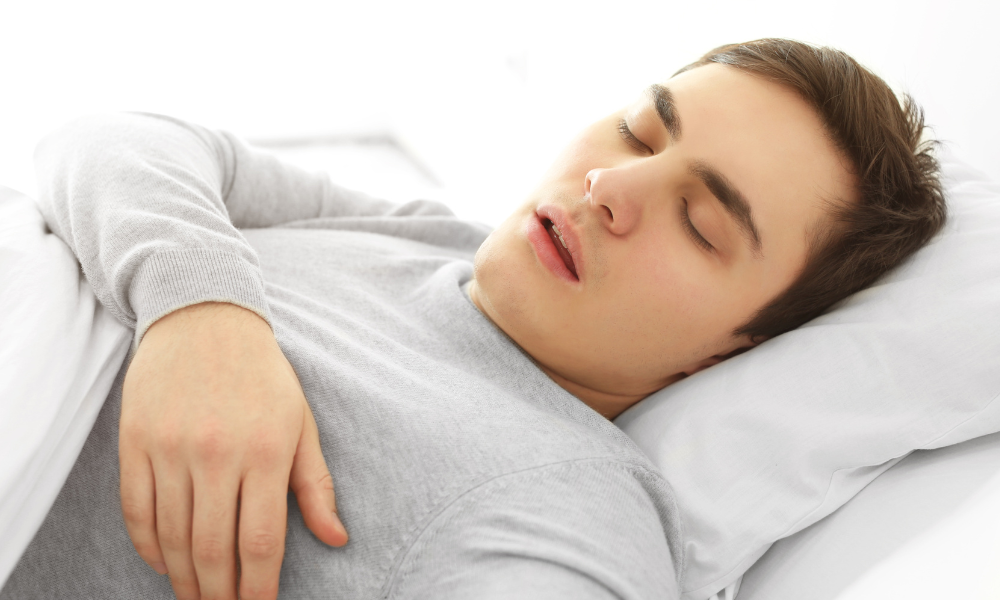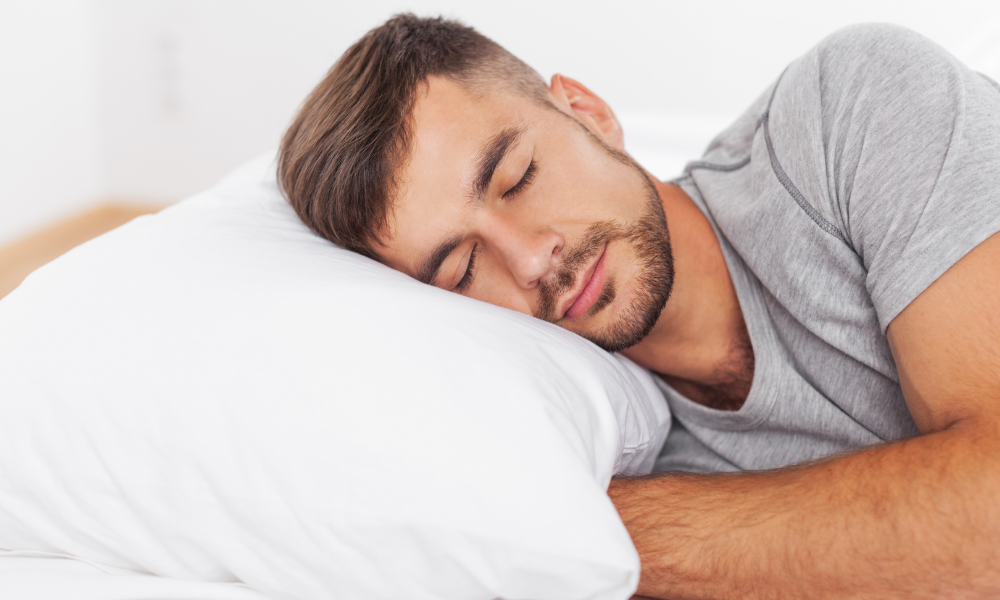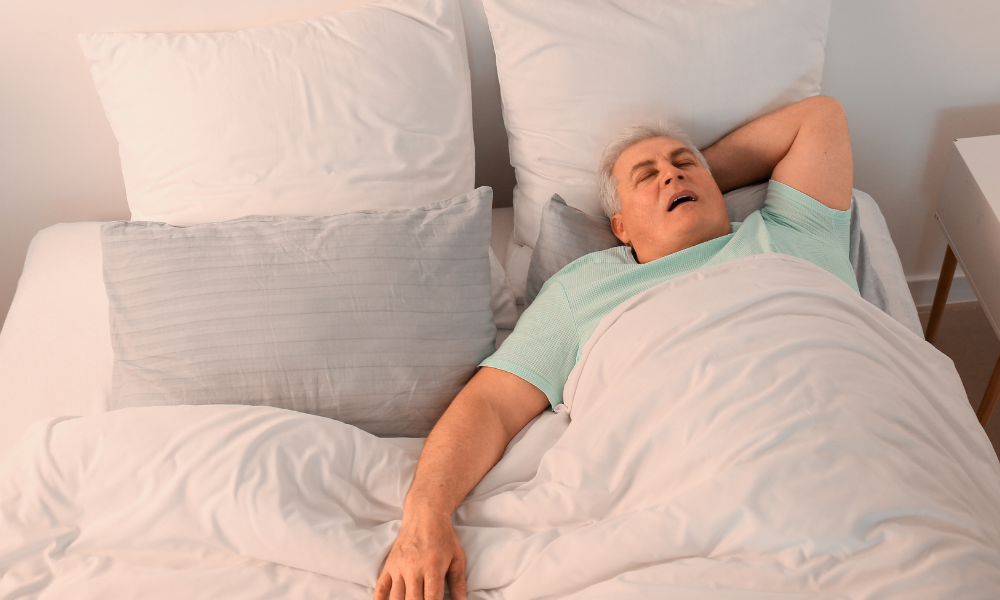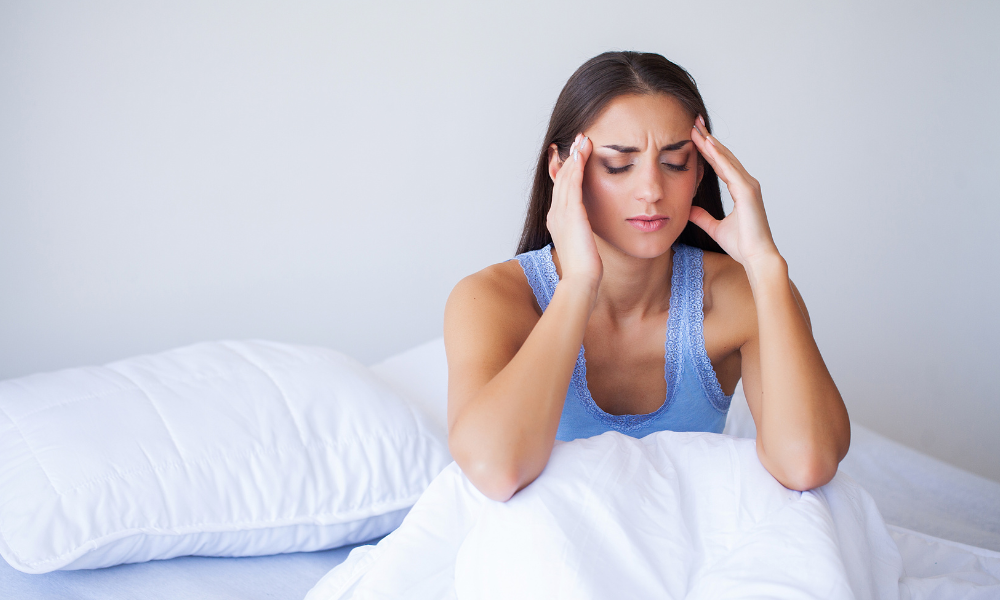
As we delve into the medical arena, specifically pertaining to sleep and jaw disorders, it is necessary to consider how oral appliance therapy plays a crucial role in the treatment of conditions such as sleep apnea and temporomandibular joint (TMJ) disorders.
For those unfamiliar with the terminology, sleep apnea is a potentially severe sleep disorder that occurs when a person's breathing is interrupted during sleep, while TMJ disorders are a type of temporomandibular disorder that causes pain in the jaw joint and the muscles controlling jaw movement.
Oral appliances, also known as mandibular advancement devices, are custom-fitted devices that are worn in the mouth during sleep. They work by repositioning the lower jaw and tongue, which opens up the airway and facilitates unobstructed breathing. For those with TMJ disorders, they can help to align the jaw and reduce strain on the TMJ, thereby alleviating pain and discomfort.
Advantages of Oral Appliance Therapy for Sleep Apnea and TMJ Disorders
Oral appliance therapy offers several notable benefits for individuals with sleep apnea and TMJ disorders, including:
1. Comfort: Custom-made oral appliances are designed to fit each patient's unique oral structure, making them more comfortable to wear than bulky CPAP masks.
2. Convenience:
Oral appliances are portable and easy to maintain, making them an ideal option for those who travel frequently or have limited space for a CPAP machine.
3. Noise Reduction:
Unlike CPAP machines, oral appliances operate silently, which can lead to an improved sleep environment for both the wearer and their partner.
4. Non-Invasive Treatment:
Oral appliance therapy does not require surgery or continuous positive airway pressure, making it a more conservative treatment option for sleep apnea and TMJ disorders.
How Oral Appliances Work for Sleep Apnea and TMJ Disorders
Oral appliances function differently depending on whether they're designed to treat sleep apnea or TMJ disorders:
1. Sleep Apnea Oral Appliances:
These custom devices, also known as mandibular advancement devices, work by gently repositioning the lower jaw forward, opening the airway and reducing the likelihood of apneas (temporary cessation of breathing) during sleep. By preventing airway obstruction, oral appliances can alleviate snoring and improve sleep quality for those with mild to moderate sleep apnea .
2. TMJ Disorder Oral Appliances:
For patients with TMJ disorders, oral appliances can help alleviate pain by providing a more comfortable and stable bite position. They work by distributing the force of the bite across a larger surface area, reducing strain on the jaw joint and supporting facial muscles. In some cases, TMJ disorder oral appliances can even correct misaligned bites, further alleviating discomfort.
Determining if Oral Appliance Therapy is Right for You
Oral appliance therapy may be an effective treatment option for individuals with mild to moderate sleep apnea or TMJ disorders, but it's essential to consult with a qualified healthcare provider to determine if it's the most suitable choice for your specific needs.
Factors to consider when evaluating the appropriateness of oral appliance therapy include the severity of your condition, the presence of other health issues that may affect treatment, and your personal preferences regarding treatment modalities.
During your consultation, a thorough assessment will be conducted, involving a detailed review of your medical history, a physical examination, and a discussion of potential treatment options. If oral appliance therapy is deemed suitable for your condition, a customized treatment plan will be developed to address your unique needs.
The Process of Acquiring a Custom-Made Oral Appliance
Obtaining a custom-made oral appliance involves several essential steps:
1. Impressions and Bite Registration: Your healthcare provider will take impressions of your teeth and a bite registration, which will be used to create a mold that accurately reflects the structure and dimensions of your oral cavity.
2. Fabrication of the Oral Appliance:
The impressions and bite registration will be sent to a dental laboratory, where a skilled technician will fabricate your custom oral appliance.
3. Fitting and Adjustments:
Once your oral appliance is ready, your healthcare provider will fit it in your mouth and make any necessary adjustments to ensure maximum comfort and effectiveness.
4. Follow-Up Appointments:
Regular follow-up appointments are crucial to monitor your progress, evaluate the effectiveness of the oral appliance, and make any necessary adjustments to optimize treatment outcomes.
Potential Side Effects and Considerations
While oral appliance therapy is generally considered safe and effective, some patients may experience temporary side effects such as excessive salivation, dry mouth, or mild tooth discomfort. These side effects typically resolve with continued use, and any persistent issues can be addressed by your healthcare provider during follow-up appointments.
A Deep Dive into Oral Appliance Therapy: A Solution for Sleep Apnea and TMJ Disorders
Oral appliance therapy is a viable and effective treatment option for those suffering from sleep apnea and TMJ disorders. Its benefits include increased comfort and convenience compared to other treatments, providing relief for patients seeking a non-invasive solution.
If you're interested in exploring oral appliance therapy further, reach out to Columbia Center for Sleep Apnea and TMJ, who can guide you through every step of the process, from evaluation to fitting your custom appliance. It's time to take control of your sleep and jaw health with a reliable, targeted
sleep apnea treatment option in Richland, tailored to your unique needs.











